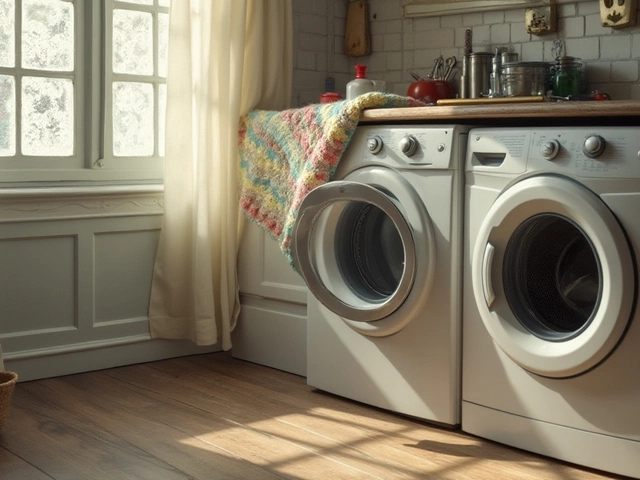Should You Replace Your Oven's Heating Element? Repair Tips, Costs & Signs
July 23 2025Laptop Replacement Guide – When to Fix or Buy New
If your laptop is acting up, the first question is whether you should repair it or replace it. It’s easy to feel stuck between spending money on a repair that might not last and splurging on a brand‑new machine. This guide walks you through the signs that point to a replacement, how to compare costs, and what to do with your old device.
Key Signs Your Laptop Is Ready for a Replacement
Not every glitch means a total loss. However, watch for these red flags:
- Frequent hardware failures. If the hard drive, screen, or keyboard keeps breaking, repair bills add up fast.
- Battery that never holds charge. A dead battery can be replaced, but if the motherboard is also aging, the fix isn’t worth it.
- Overheating and shutdowns. Persistent heat problems often signal a deeper cooling system issue that can’t be solved with a simple cleaning.
- Outdated performance. When you can’t run the software you need without lag, the CPU or RAM may be too old for the tasks you demand.
- Cost of parts exceeds 50% of a new laptop. If a single component costs half of a decent replacement, it’s time to move on.
When two or more of these pop up, start treating replacement as a serious option.
How to Compare Repair Costs vs. Buying New
Grab a notebook and jot down the following:
- Estimated repair price. Call a local repair shop (like Bedford Gas Appliance Repair Services for other appliances, but they can point you to a trusted tech) and get a quote.
- Price of a comparable new laptop. Look for a model with similar screen size, processor, and storage.
- Potential hidden costs. Include data migration, software licenses, and any accessories you’ll need to replace.
If the total repair cost is more than half of the new laptop price, buying new usually saves you money in the long run. Also, a fresh laptop comes with a warranty—something a repaired old machine rarely has.
Steps to Take Before You Toss Your Old Laptop
Even if you decide to replace, there are a few things you should do first:
- Back up your data. Use an external drive or cloud storage. This protects your files and makes the transition painless.
- Factory reset. Wipe the hard drive to protect your personal info before recycling or selling.
- Check for trade‑in programs. Many manufacturers and retailers offer credit toward a new purchase when you hand in the old device.
- Recycle responsibly. Look for a local e‑waste centre. Improper disposal can harm the environment.
Doing these steps ensures you get the most value out of your old laptop and keep your data safe.
At the end of the day, the decision comes down to how long you expect the current machine to last after a repair and whether the cost makes sense. If you’re still unsure, ask a reputable technician to give a clear, written estimate. That way you can weigh the numbers side by side and make a confident choice.
Remember, a laptop is an investment. Fix it only when it truly extends its life without breaking the bank. Otherwise, a new model will give you better performance, a fresh warranty, and peace of mind.
 26 Jun
26 Jun
Should You Repair or Replace Your Laptop? The Real Cost of Laptop Repairs
Wondering if you should fix or ditch your laptop? Learn if laptop repairs are worth it, what it really costs, and smart ways to make your laptop last longer.
Read More...



